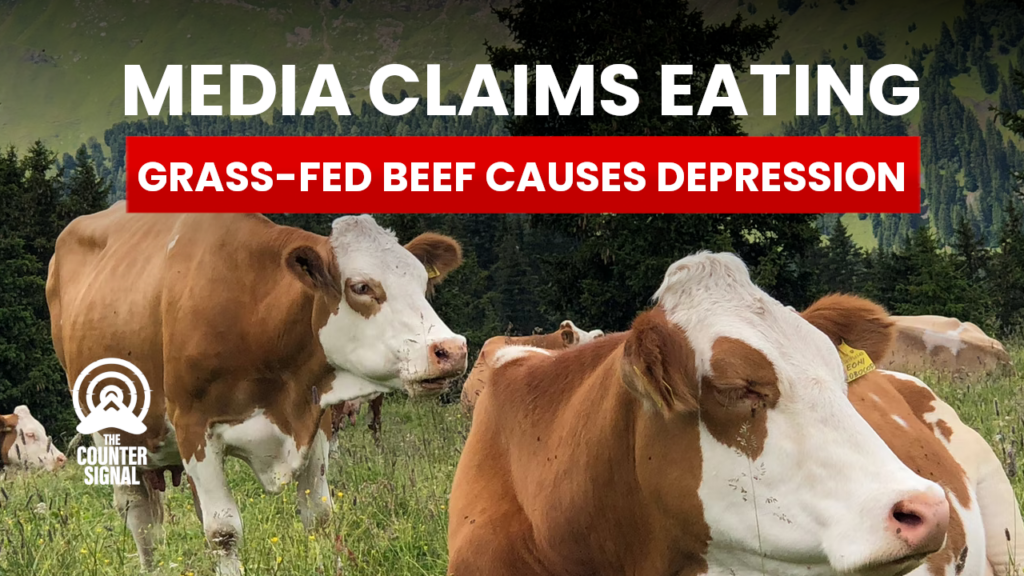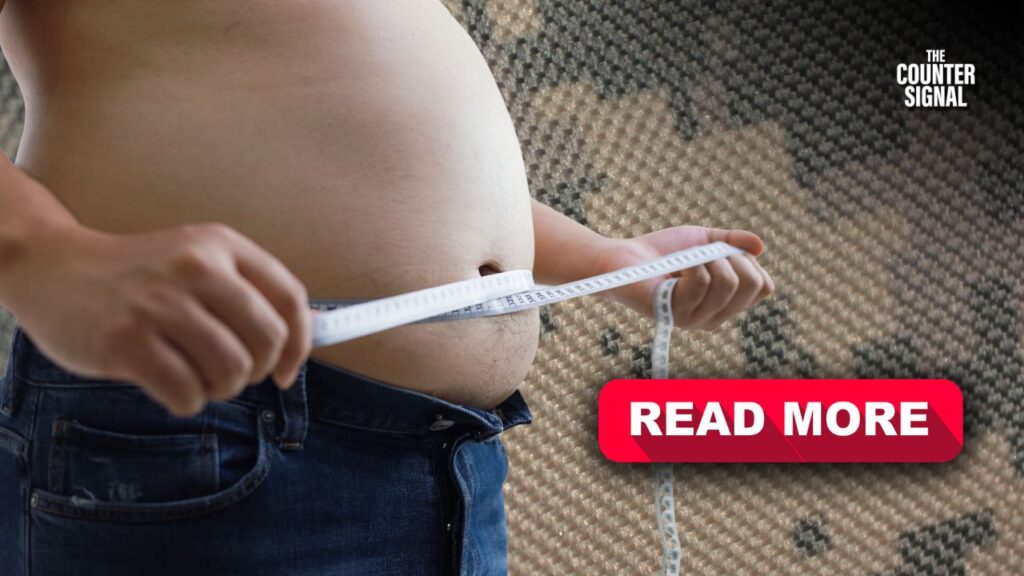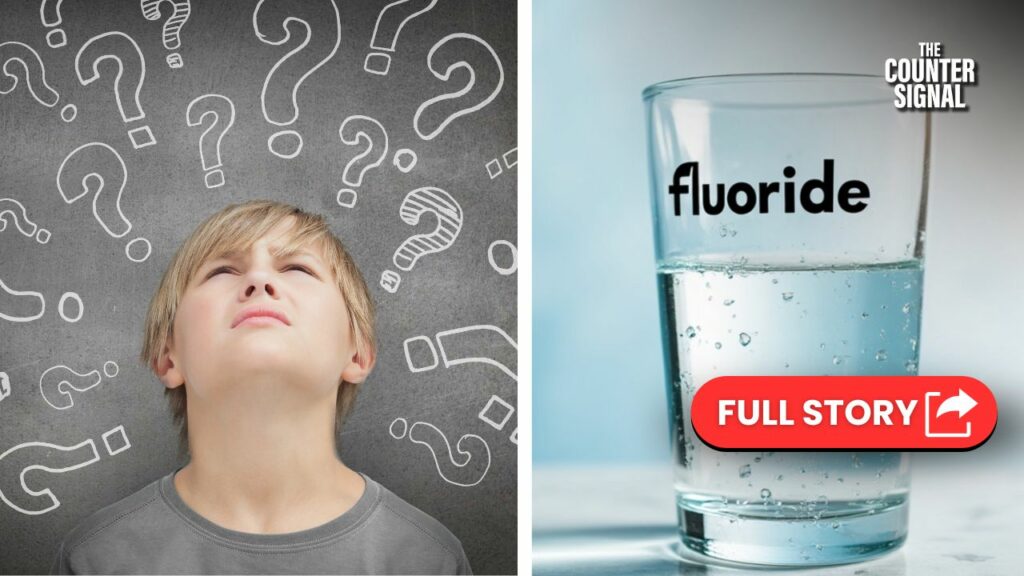Media outlets are sounding the alarm on a possible link between grass-fed beef and depression after a recent study from Pompeu Fabra University was published.

According to the study, “We applied a multi-omics approach combining pre-clinical models with three human cohorts including patients with mild depression. Microbial functions and metabolites converging onto glutamate/GABA metabolism, particularly proline, were linked to depression. High proline consumption was the dietary factor with the strongest impact on depression. Whole-line brain dynamics revealed rich club network disruptions associated with depression and circulating proline. Proline supplementation in mice exacerbated depression along with microbial translocation.”
However, researchers say that not everyone who ate a proline-rich diet was depressed, and scientists’ conclusions stemmed from microbiota alterations in metabolizing proline and a subsequent rodent study that saw patients’ microbiota transplanted into mice to gauge their moods.
“The possibility of transferring the depression phenotype from humans to mice through microbiota transplantation and the demonstration that such transplantation generates alterations in proline transport reveals that this proline may be associated causally with depression,” said Professor Rafael Maldonado.
So, what’s proline?
Proline is an amino acid (a building block for protein) that is both made in the body and consumed in the diet. Most people eat around five grams of proline every day, with most proline coming from protein-rich animal sources such as red meat, fish, and dairy products, explains WebMD.
However, SciTechDaily specified that proline comes from “grass-fed beef, pasture-raised chicken, gelatin, bone broth, organ meats like liver, and cage-free egg yolks.” This is curious, as proline is found in grain-fed beef, non-pasture-raised chickens, and all animals to varying degrees, not just animal products associated with sustainable, holistic living and health.
Other outlets have suggested switching to a Mediterranean diet, even though a Mediterranean diet includes fatty fish, which also contain proline.
Moreover, whether linked to depression or not, proline contributes to healthy skin and healing and is sometimes taken as a supplement. It is also involved in the collagen-making process, the general function of cells, wound healing, antioxidative reactions, and immune responses.
Put simply, the body needs proline, which is why it produces it itself.










